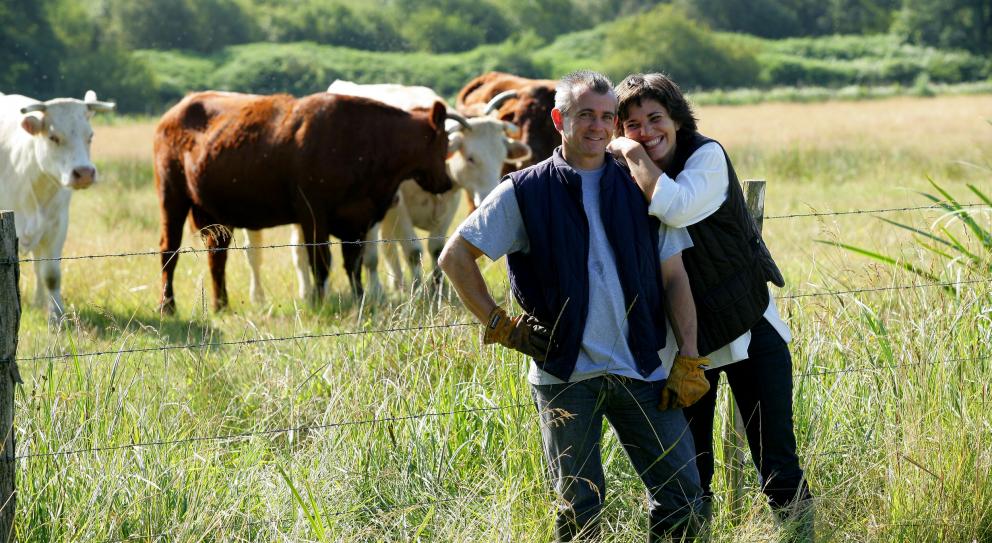You are here
What can livestock producers do to prepare for the changes?

Good Husbandry
Controlling the growth of antimicrobial resistance is everyone’s responsibility, and there are a number of ways livestock producers can—and already do—help the cause. The most important thing livestock producers can do is to practice good husbandry. Keeping animals healthy and preventing illness before it starts reduces our dependence on antimicrobials and therefore helps to slow the development of antimicrobial resistance. Good husbandry includes a range of responsibilities for every type of livestock, but its benefits are countless. You can learn more about good husbandry practices at AAHS.
Working with your Veterinarian
It’s expected that under the new legislation livestock producers will require veterinary oversight to administer antimicrobials. The more your veterinarian knows about your livestock and your operation, the more accurately and effectively they can prescribe antimicrobials to your animals. This helps to ensure the animals receive the best treatment possible and that the antimicrobials are used in a manner that maximizes their effectiveness while minimizing their contribution to antimicrobial resistance. For these reasons, it’s best for livestock producers to develop strong working relationships with their veterinarians. The more they know, the more they can help.
Controlling Antimicrobial Resistance
In order to control the development of antimicrobial resistance, it’s essential that everyone who handles medically important antimicrobials understands how to use them responsibly. The significance of antimicrobials in human and animal medicine cannot be understated, and the impact of their loss cannot be undone. Visit AAHS to find out what you know about antimicrobial resistance and how you can help to prevent the loss of these vital tools that we all depend on.
